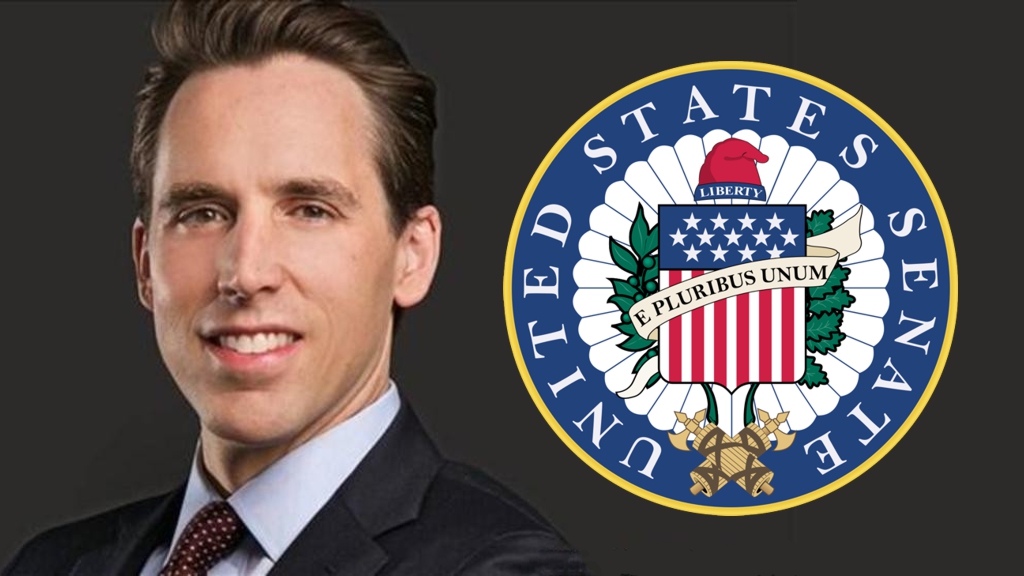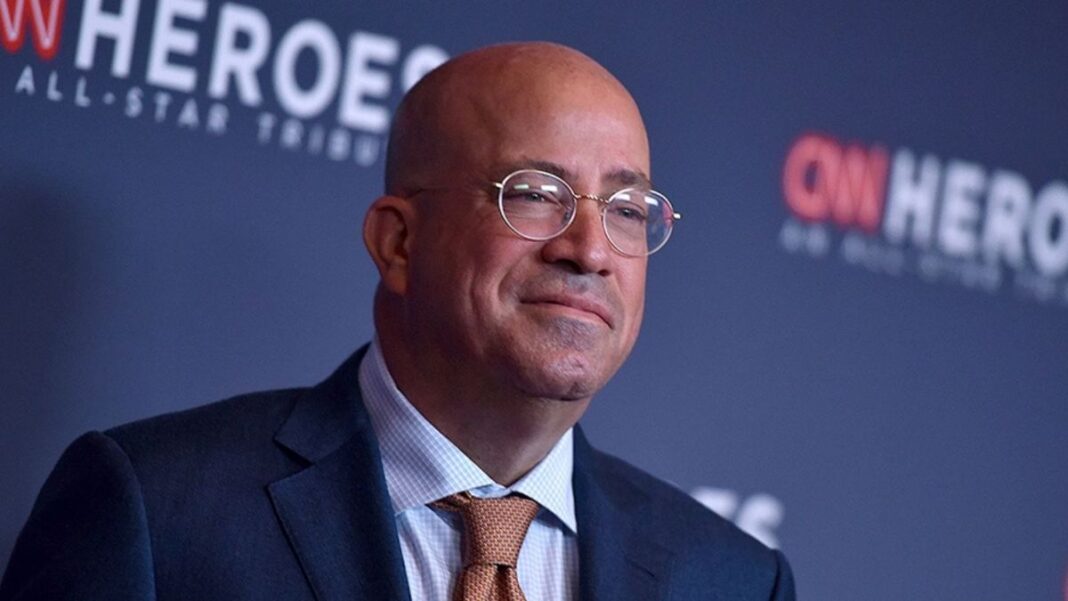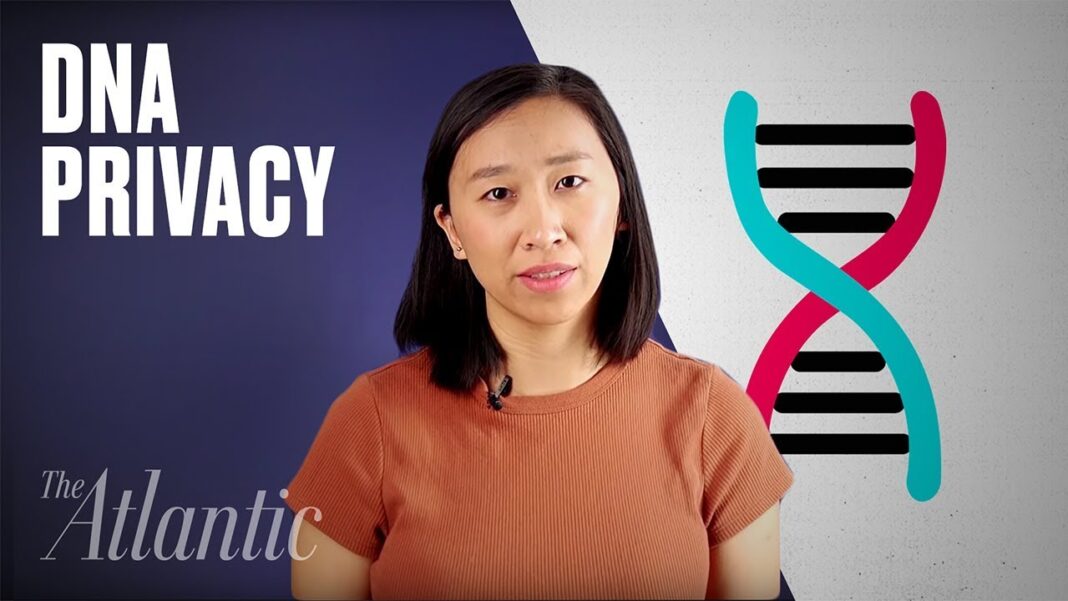
February 1, 2022
The Honorable Antony Blinken
Secretary of State
U.S. Department of State
2201 C Street NW
Washington, D.C. 20520
Dear Secretary Blinken,
I write to request clarity about the Biden administration’s support for Ukraine’s prospective membership in NATO.
Article 10 of the North Atlantic Treaty provides for the Alliance’s expansion. It stipulates that such expansion can occur only by unanimous agreement and that only a “European State in a position to further the principles of this Treaty and to contribute to the security of the North Atlantic area” may receive invitation to the Alliance. The United States has supported multiple rounds of NATO enlargement since the end of the Cold War, consistent with the requirements of Article 10.
The United States has also signaled support for further enlargement, including to Ukraine. As the United States and its allies declared at the 2008 Bucharest Summit, “NATO welcomes Ukraine’s and Georgia’s Euro-Atlantic aspirations for membership in NATO. We agreed today that these countries will become members of NATO.” You testified to this effect before the Senate Foreign Relations Committee on July 8, 2021, when you stated, “We support Ukraine membership in NATO.” Yet it is not clear that Ukraine’s accession would serve U.S. interests. Indeed, deteriorating conditions in the global security environment caution otherwise.
The world of 2008 is gone. Today, an increasingly powerful China seeks hegemony in the Indo-Pacific. If China succeeds, it could harness that region’s resources to further propel its rise, while restricting U.S. access to many of the world’s most important markets. Americans’ security and prosperity rest upon our ability to keep that from happening, and so the United States must shift resources to the Indo-Pacific to deny China’s bid for regional domination. This means the United States can no longer carry the heavy burden it once did in other regions of the world – including Europe. To the contrary, we must do less in those secondary theaters in order to prioritize denying China’s hegemonic ambitions in the Indo-Pacific.
This Administration’s support for Ukraine’s membership in NATO defies these realities. The United States has an interest in maintaining Ukraine’s independence, sovereignty, and territorial integrity. And we should urgently deliver to Ukraine assistance it needs to defend itself against Russia’s military buildup and other threats. Our interest is not so strong, however, as to justify committing the United States to go to war with Russia over Ukraine’s fate. Rather, we must aid Ukraine in a manner that aligns with the American interests at stake and preserves our ability to deny Chinese hegemony in the Indo-Pacific.
Concerns about NATO enlargement might be lessened if our European allies were shouldering their fair share of the burden of our collective defense. Were they doing so, then it might not be so difficult for NATO to admit new members, without jeopardizing America’s ability to keep its focus on the Indo-Pacific. But that is not the case – in fact, it is quite the opposite.
In 2006, NATO allies agreed to spend at least two percent of national GDP on defense. They reaffirmed this commitment eight years later in the 2014 Wales Pledge. Yet today – more than 15 years since the initial spending agreement – only 19 have met their commitment. As U.S. Ambassador to NATO Julianne Smith noted prior to her confirmation, “nineteen Allies out of thirty are not enough.” But this is an understatement.
It also belies the fact that NATO’s two percent spending goal was adopted in and for a world that no longer exists. The world has grown far more dangerous in the years since 2006. As a consequence, two percent is no longer a sufficient minimum for allied defense spending. Put differently, the Wales Pledge is now obsolete. For NATO to remain viable, especially as the United States shifts resources to the Indo-Pacific, our European allies must increase defense spending above two percent of GDP.
Finally, some argue that now is not the right time to ask hard questions about Ukraine’s prospective membership in NATO. But I submit that now is exactly the right time for confronting hard truths. Russia’s buildup on Ukraine’s borders makes apparent just how important it is for the United States to be deliberate about its commitments abroad. Already, President Biden has announced that the United States will send more conventional forces to Europe, if Russia invades Ukraine. Such a deployment can only detract from the U.S. military’s ability to ready and modernize forces to deter China in the Indo-Pacific. But those opportunity costs pale in comparison to what would be expected – indeed, required – of the United States, were NATO actually to admit Ukraine as a member.
China’s rise has collapsed basic assumptions in U.S. foreign policy. The legacy of a bygone era, the Biden administration’s support for Ukraine’s prospective membership in NATO demands particular scrutiny. Therefore, I request your written responses to the following questions no later than February 28, 2022:
- How would Ukraine’s admission to NATO contribute to the security of the North Atlantic area, as required by Article 10 of the North Atlantic Treaty, particularly given Ukraine’s vulnerability to Russian invasion?
- Do you believe Ukraine’s admission to NATO would improve U.S. national security sufficiently to justify the United States committing itself to fight Russia over Ukraine now or in the foreseeable future?
- Were Ukraine to be admitted to the Alliance, would you be concerned about the United States’ ability to defend Ukraine against Russian military aggression, while simultaneously deterring or defeating Chinese aggression in the IndoPacific?
- Do you commit to ask for and receive the Secretary of Defense’s certification that the U.S. military will be able to defend Ukraine against Russian aggression, in cooperation with other NATO allies, without undermining its ability to simultaneously deter or defeat Chinese aggression in the Indo-Pacific, prior to taking any further action in support of Ukrainian membership in NATO?
- Do you agree that NATO allies’ failure to spend more than two percent on their own defense necessarily limits the Alliance’s ability to accept additional members, particularly as the United States shifts military resources to the IndoPacific?
- Do you agree that it would be prudent for the United States to wait until NATO allies, including Germany, are spending more than two percent of national GDP on defense before taking any further action in support of Ukrainian membership in NATO?
Thank you for your attention to this important matter.
Sincerely,
Josh Hawley
United States Senator
CC:
The Honorable Lloyd J. Austin, III
Secretary of Defense
U.S. Department of Defense
1000 Defense Pentagon
Washington, D.C. 20301







